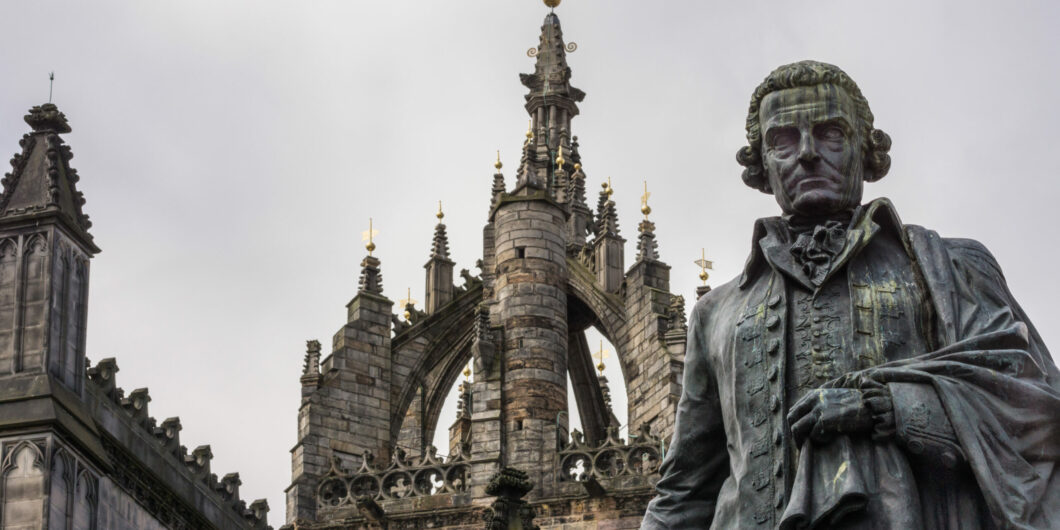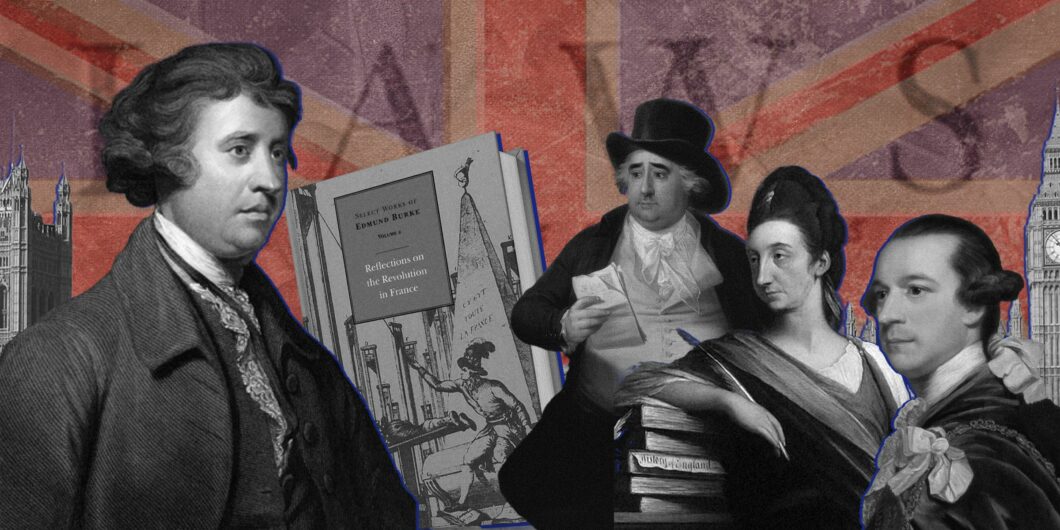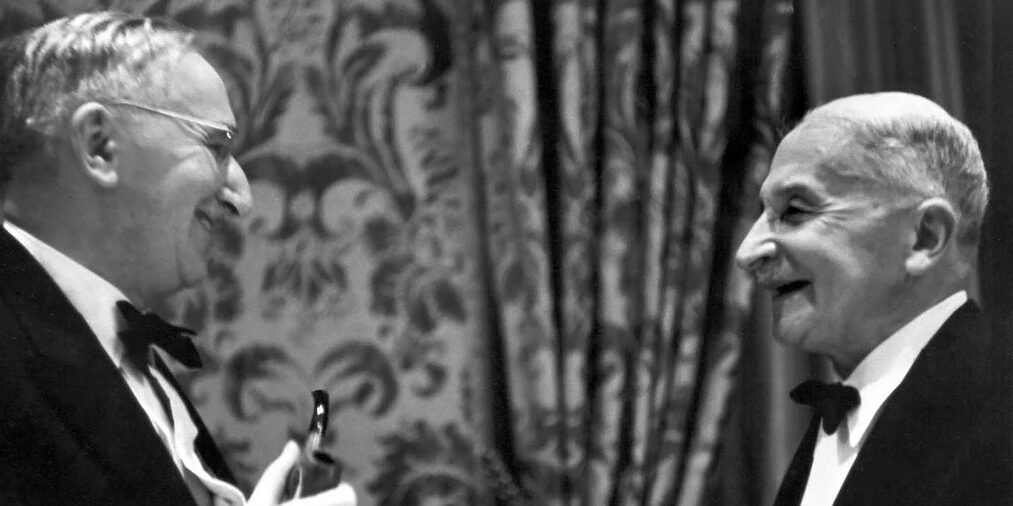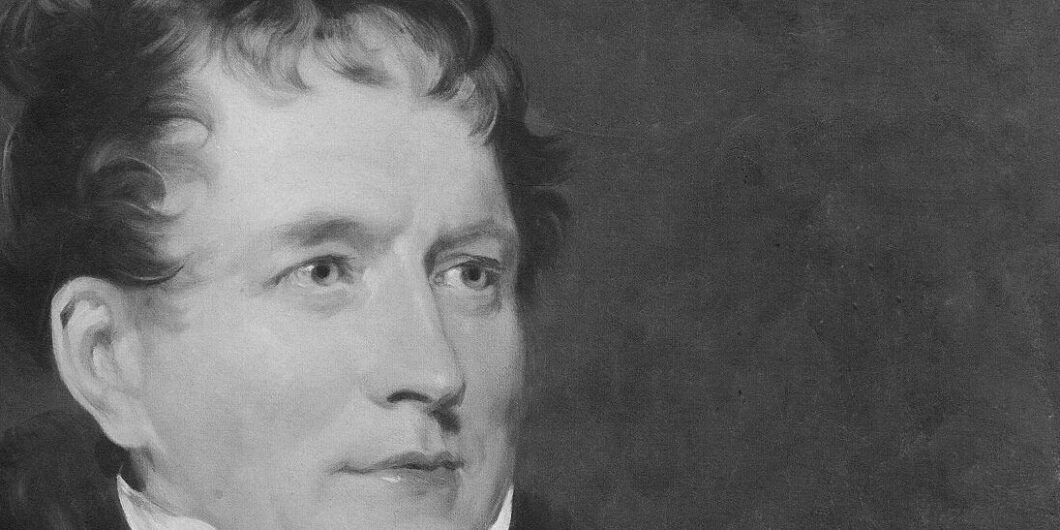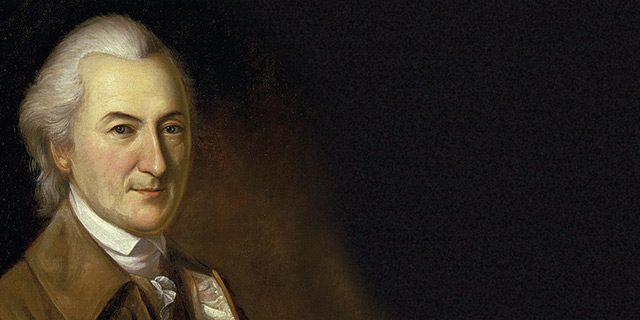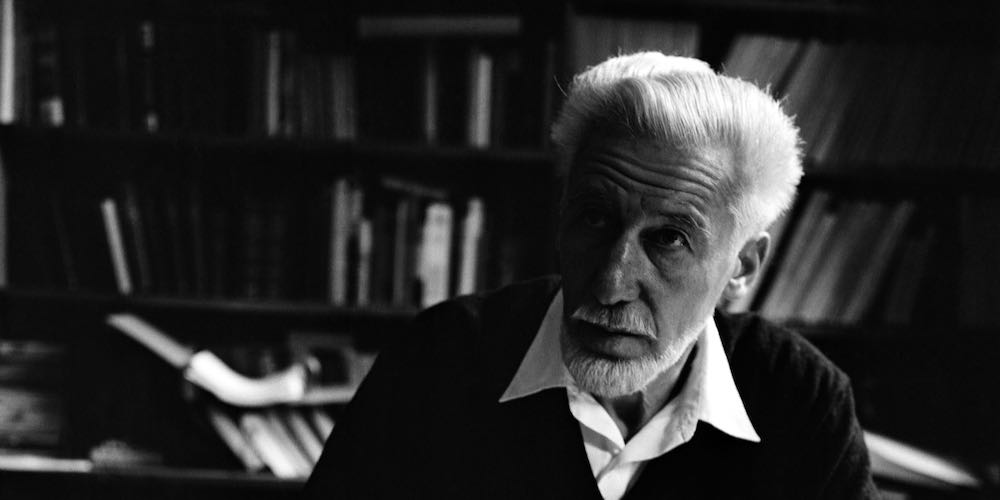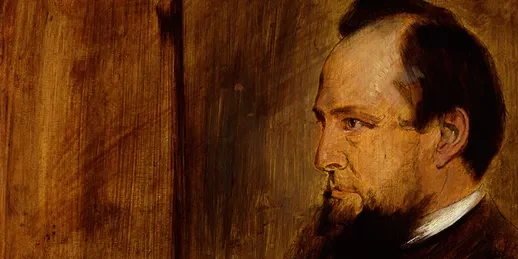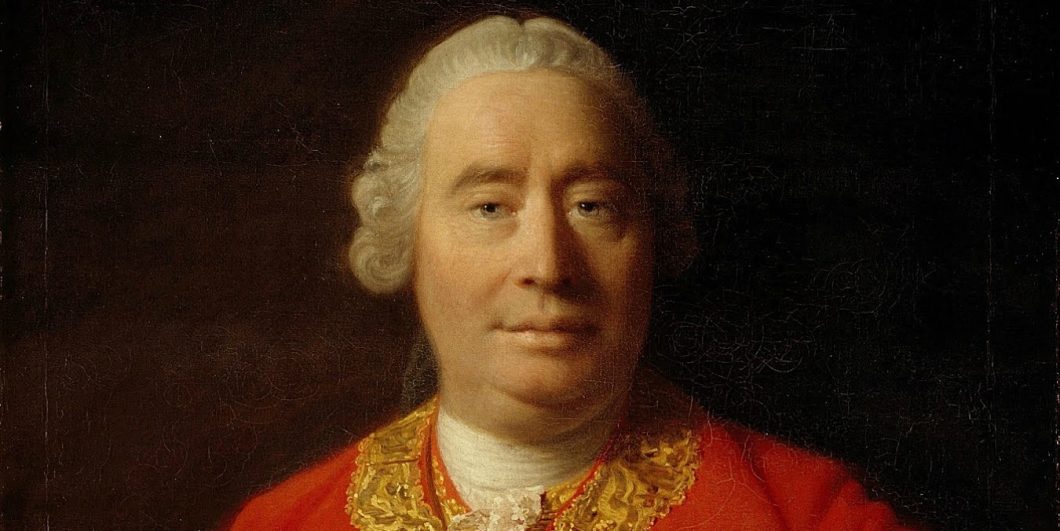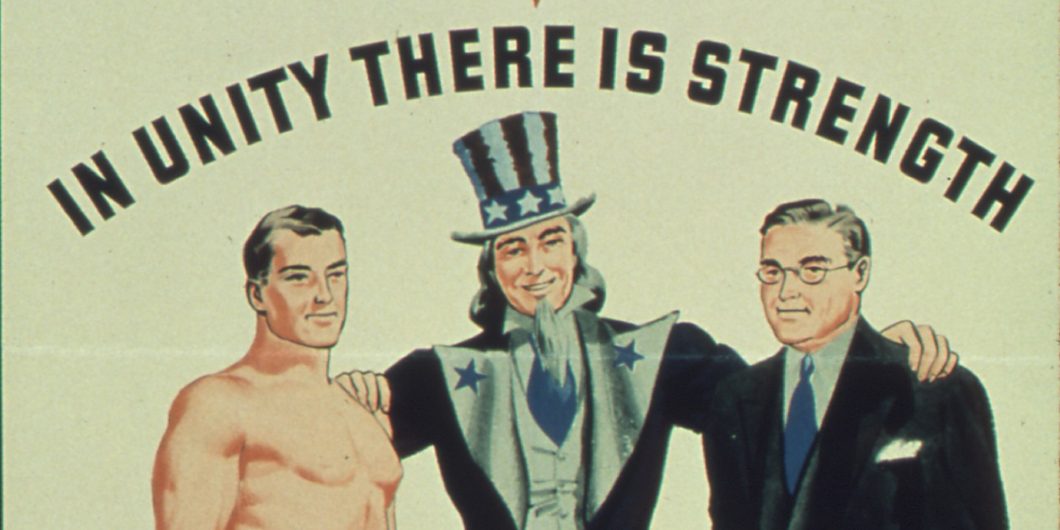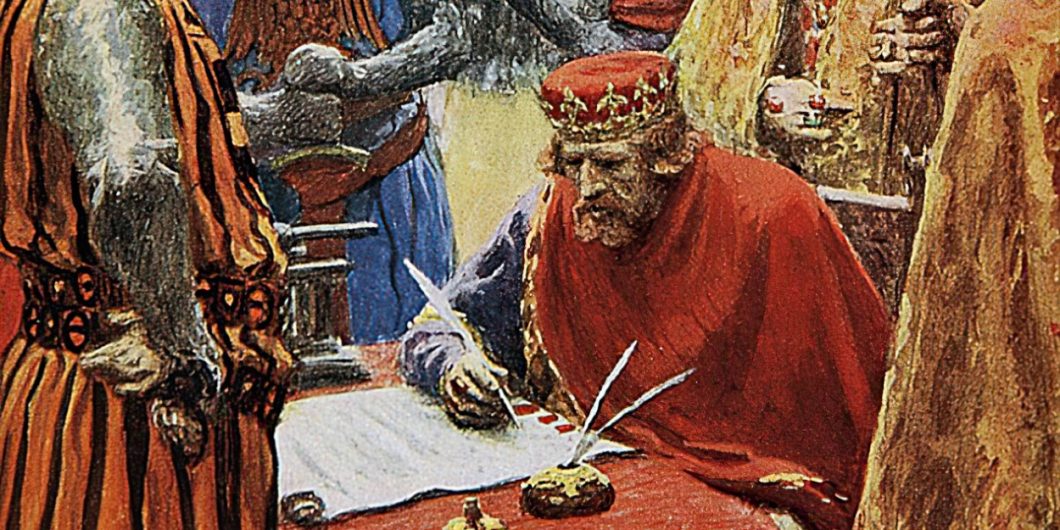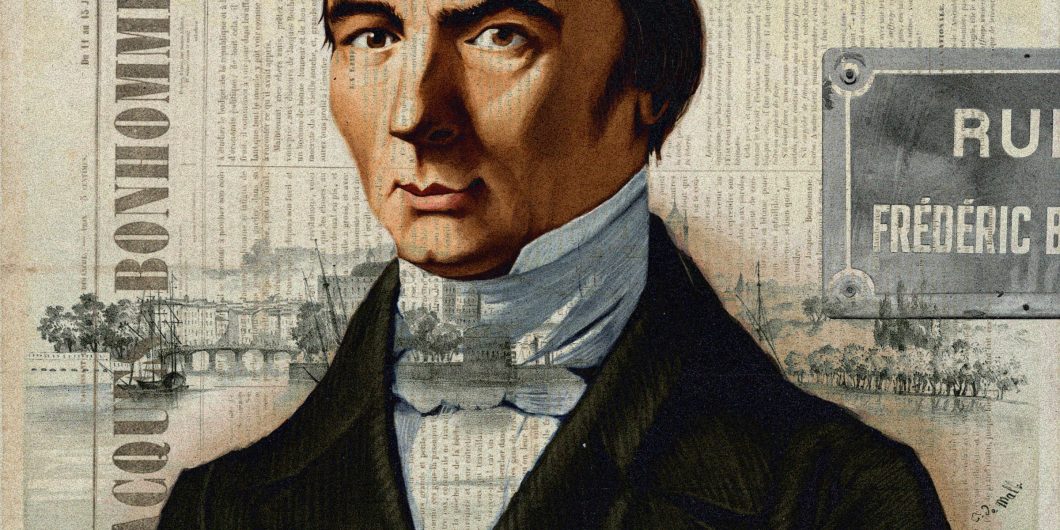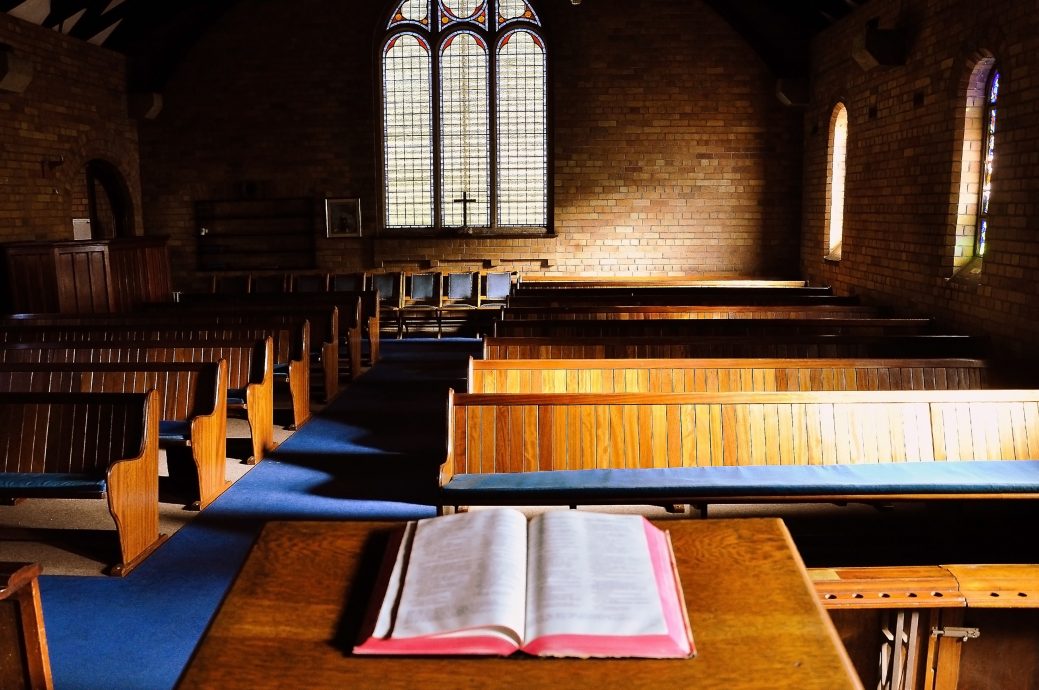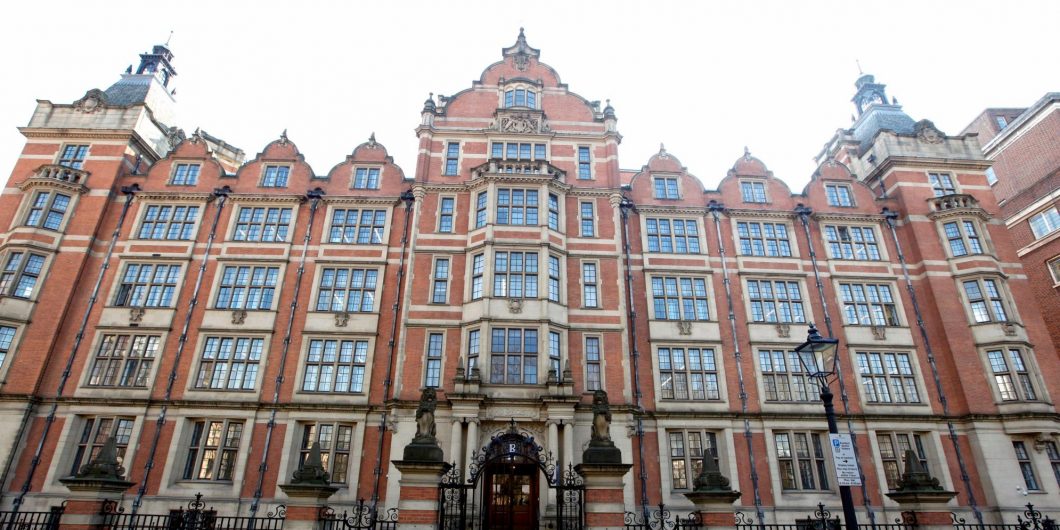Smith’s account of moral sentiments arises from human interaction driven by the desire for mutual sympathy.
Classics
Reviews of Liberty Fund's classic publications in the tradition of free and responsible self-government.
Recent
The philosophy of the modern state contained in Reflections made people rethink what it meant to be a Whig.
Before rebooting America’s system of natural liberty, we first need to understand what liberalism is.
Mercy Otis Warren wanted her countrymen to remember the terrible burden of being unfree.
Friedrich von Gentz vindicated the principles of the American Revolution, even as he criticized the abstract, indefinite articulation of them.
John Dickinson’s Letters from a Farmer capture the intellectual undercurrent of the Revolution.
The redistribution of wealth changes society in deep ways that social planners tend to overlook.
Rejecting abstract ideologies, Lord Acton believed liberty was not a means but an end.
Hume was a quintessential eighteenth-century man of letters, as evidenced by his Essays, Moral, Political, and Literary.
A newsletter worth reading.
Robert Nisbet saw how politics has eclipsed all other forms of community. It has also failed to live up to its lofty promises.
Historically, the legal order of England prioritized prudence and gradualism over fanaticism and ideology.
Bastiat's blend of economics and theistic liberalism can support freedom, justice, and enduring prosperity.
Modern urbanites would be more at home in ancient Babylon than in medieval Europe.
The real history of America's political pulpit defies simple categorization, but is essential to understanding our nation's past.
Oakeshott’s vision of liberal learning offers the prospect of intellectual and moral adventure.
